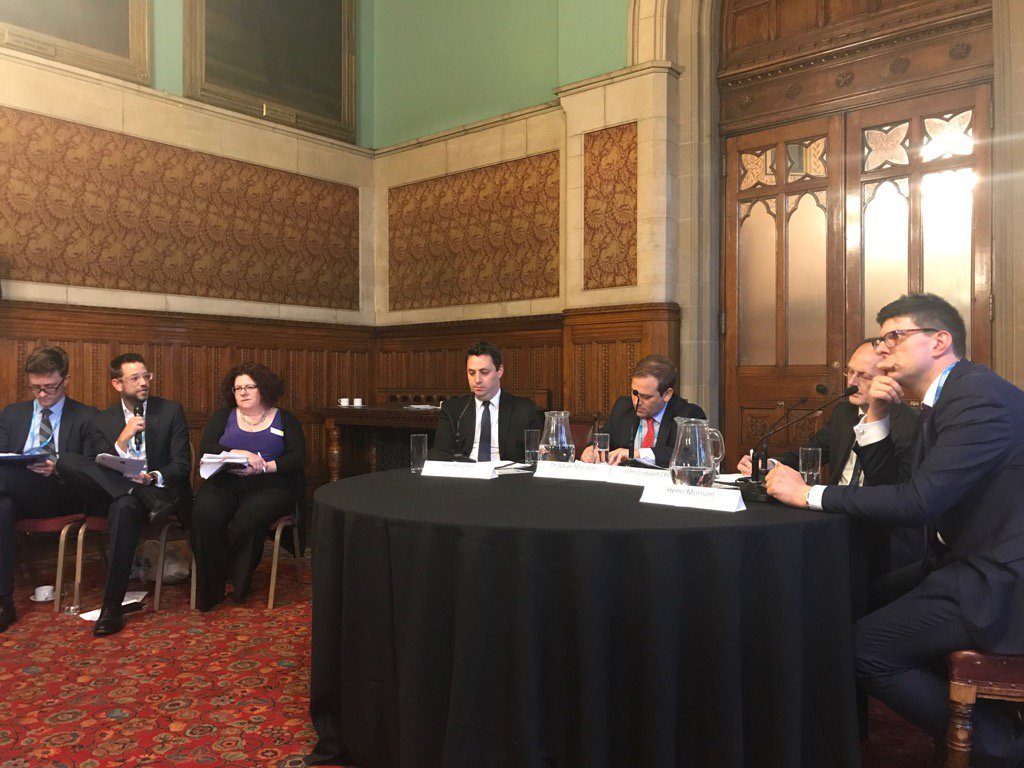
Joseph Chamberlain ‘got things resolved’ despite not having the powers of the new mayors said John Cridland, chair of Transport for the North, at last week’s DevoQT event at the Tory Party conference in Manchester. The power to convene, bang heads together and drive change just by virtue of the office was a theme emphasised by Ben Houchen, Mayor for Tees Valley. This is not about power for powers sake, but what levers do we have and what do we need to solve? Joseph Chamberlain understood the issues and set about solving them in Birmingham, and that drive to create change is what gave him the power to make things happen. Mayors today are the new Joseph Chamberlains.
Ben emphasised the blank space you can grow into, the soft power opportunity for metro mayors, and the power to convene and how challenge cannot be underestimated. His quick win is rescuing Teeside Airport, and longer term reviewing the police, even though the Mayor has no power over police. The second deal for Tees Valley will bolster existing powers and extend them rather than asking for new. As he pointed out he has the biggest mandate in the region and democratically has more votes than any other elected individual, all mayors are in this position and this gives them a greater legitimacy than other officials. A power unequalled, this fact will mean Mayors will be unrecognisable in 10 years and current Mayors are trailblazers.
In Tees Valley five labour leaders did a deal with a Conservative government to deliver a mayor, and they got a conservative Mayor, and this is a similar outcome in the West Midlands. Ben highlighted this makes it a different way of working. Political differences have to be put aside for the needs of the place. This is reflected internationally, where mayors take a much more collaborative approach to getting things done, and political allegiances are put to one side.
The Litmus test for devolution according to John Cridland is whether living standards improve. However we use GVA as the measure, so are Mayors and CAs being measured on the right things?
He highlighted the importance of house building around public transport, so as not to create another transport issue. Developers build around motorway junctions and roads, not new rail infrastructure. With the introduction of the Northern Powerhouse rail infrastructure plans he stressed the importance of accessibility, where we move from 10k population within an hour of major cities to 1.1m. This widens opportunity for more people to access jobs, education and activities.
The panel discussed the need for places to work together and present a unified front to central government; if not government decide and things are done to you. The 30 year investment plans and Mayors have a key role in developing and establishing this for the long term not short term political gain. John issued the warning “the collective power of the Mayors should be ignored by the government at their peril” and so the rise of the mayor continues.
